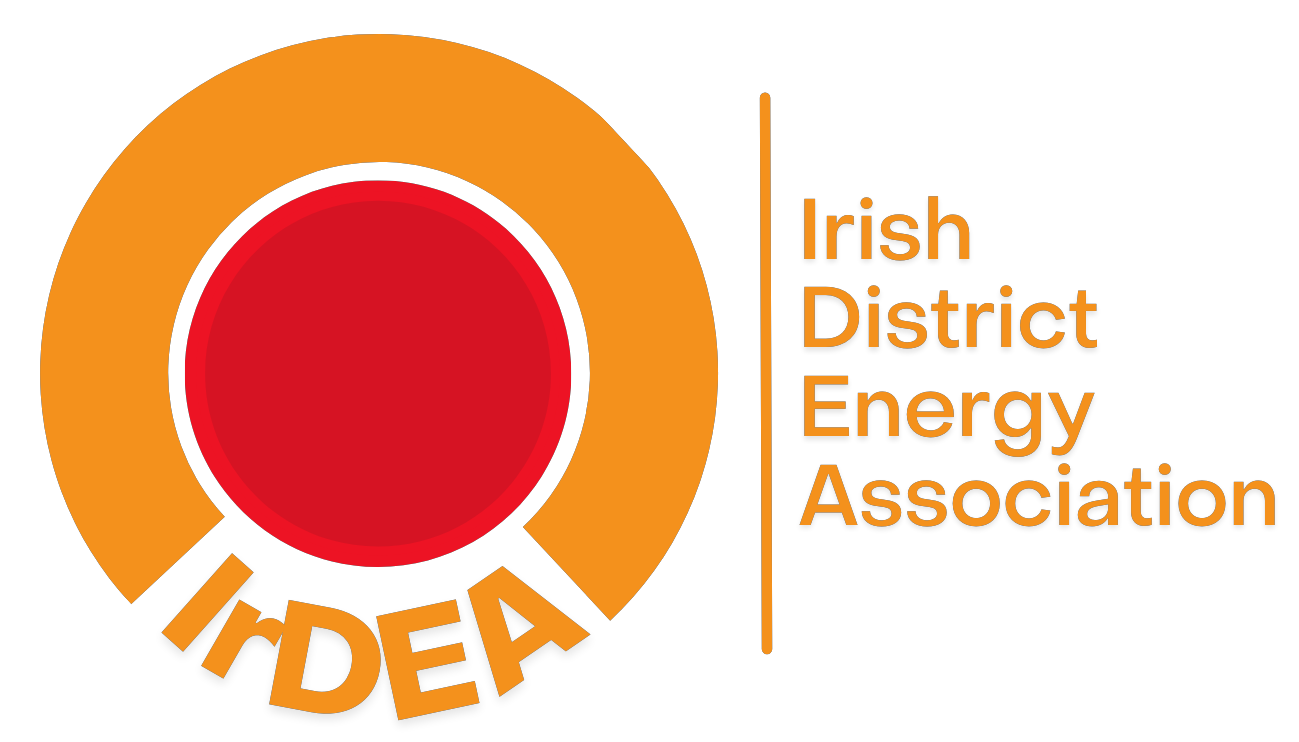| Irish District Energy AssociationSupporting and Promoting District Heating and Cooling in Ireland |
News Archive
A New Chapter for District Energy in Ireland The recent release of the General Scheme of the Heat (Networks and Miscellaneous Provisions) Bill 2024 marks a pivotal moment for Ireland’s energy transition and the future of district heating. District heating is among one of the oldest form of heating buildings and providing hot water, dating as far back as the Roman Empire, and it already provides heat or 70 million customers across the EU. This framework is set to provide a strong foundation to expand district heating across the country, bringing multiple benefits to our communities, economy, and environment. Here’s why this development is significant:
At the Irish District Energy Association (IrDEA), we are excited to see Ireland take this important step forward and look forward to supporting stakeholders in this transformative journey. Together, we can create an energy system that is not only more sustainable but also equitable, and inclusive. Find the bill here: https://www.gov.ie/en/publication/3dd66-heat-networks-and-miscellaneous-provisions-bill-2024/ Private firms wanted to help build out Ireland's DH Networks: https://www.businesspost.ie/news/private-firms-wanted-to-help-build-out-irelands-new-continental-style-district-heating-networks/ |
UPCOMING EVENTS
|

